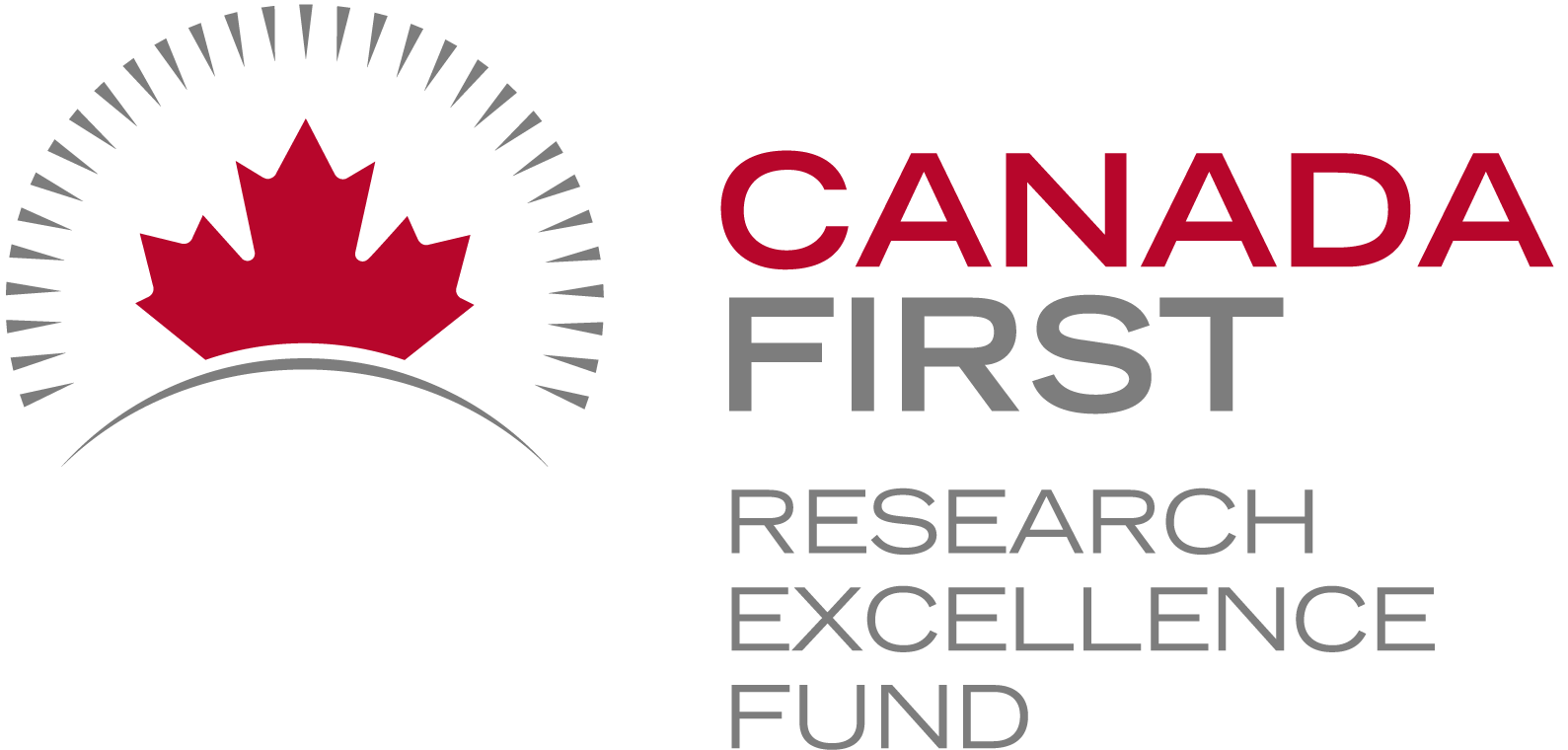
The “Elephant in the Room” – Data Ownership
Alrighty let’s address that proverbial Elephant in the Room – WHO owns the data? This question goes round and round and round – but does it ever land comfortably for everyone? We have been discussing this topic for quite a while here at Agri-food Data Canada, and it keeps cropping up in all the projects we are developing and working with. So let’s take a walk and chat a little about this – no worries there will be a LOT more discussion on this topic – so if you don’t agree or see things differently – let’s chat!
Let’s start with a little example everyone can relate to. I have a small library of books in my home and I’m documenting the title, the author, and my rating of each book I’ve read over the year. I am using Excel to gather this information – so when I’m finished reading my 30 books, I have an Excel file that has titles, authors, ratings for each of the 30 books I’ve read. So far so good? The Excel file I created is mine! I own that representation of the information (titles, authors, ratings of the 30 books) or data. Easy peasy – I, as the creator or originator of the information (data) own that representation (or format if you’d like).
Now, I have a group of friends that also read a number of books over the year, and we all want to pool our information to see if we all rated a book the same way, what books were read, and so on. Yes, we can just get together with our paper lists and talk about what we read and how we rated – but that’s too easy!! And heck we ARE Data GEEKS here and want to create a database with all this information and create some really cool visualizations – ok I’m taking us off track – back to the challenge at hand. Let’s say Mary creates a database and brings in all of our Excel files into that database. A couple of things happen now:
- Our initial information is now in another format or representation – a database, and
- You, as the creator or originator of your ratings, are no longer in possession of all representations of your information (data).
So now what???
This scenario is VERY common in the research data community, and, well in most data communities.
The BIG question and challenge – looking at our situation above – Mary is the creator of the database and “owner” of that representation of the information (data) she gathered – which just happens to include the information you gave her. Now – can Mary do whatever she wants with the information in the database? Can she share to anyone she feels like? Can she massage it, analyse it, publish it? This is where things get GREY and UGLY! In my opinion the answer is a hard NO! Mary NEEDS to have a Data Usage agreement in place with everyone that contributed their information (data) to her database. Yes, my small group of friends asked her to create the database but that doesn’t mean Mary can do what she wants with this information. There was a time when data was not valued as it is today, and that a handshake and a verbal agreement were enough – but today, we need to have a written and signed agreement in place to ensure all parties understand their rights when it comes to the data – how it can be used, shared, analysed, etc….
As you may sense – this topic can and will create tensions – so I think I’ll stop here and pick it up again in the New Year with some sticky situations and the team will show how ADC is working to help improve these conversations by creating a new tool!
Stay tuned for more exciting developments in the New Year!
Photo generated with AI
![]()



